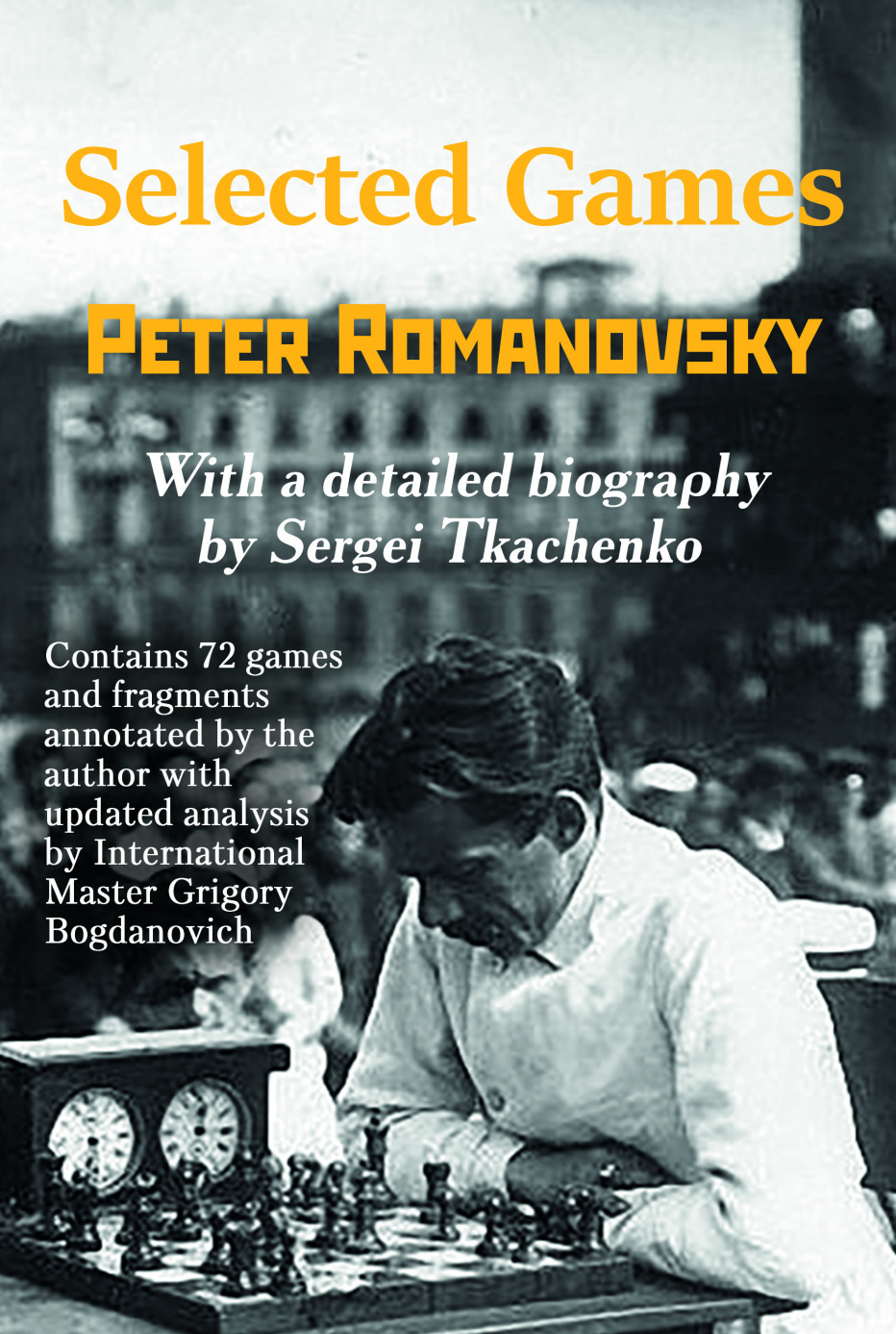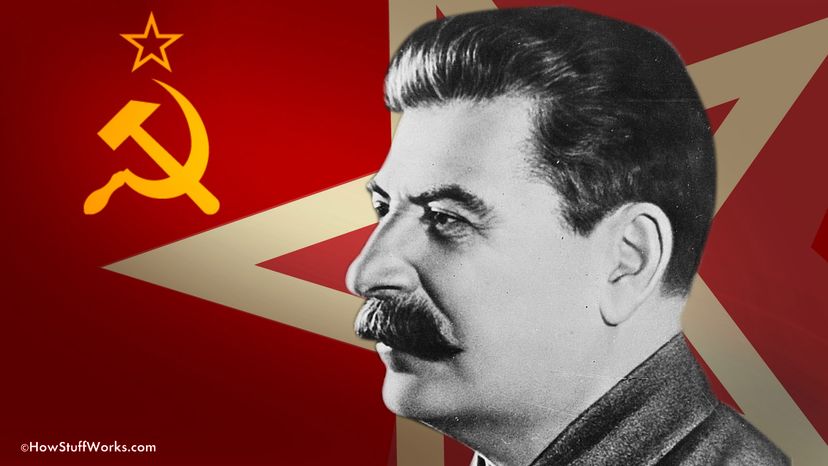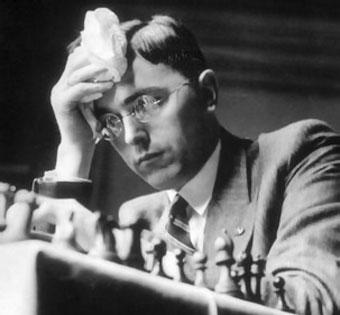In a few days, I will publish a complete review of one of the most majestically beautiful Chess history books I have ever had the pleasure to read:

After having written several posts concerning the plethora of draws recently, especially short ones of less than ten moves, at the Charlotte Chess Center & Scholastic Academy, I wanted to include what follows in the review. To do so would have meant cutting some of the material, but each and every time I attempted to do so it just did not feel right. I therefore decided to publish pages 114 through 118, actually about four pages in total, in their entirety. I hope reading these few pages gives you an idea of how good is this book. This part is titled: A Skirmish With Flohr
In the second half of the 1930’s, the campaign against the “enemies of the people” gained momentum. On 31st March 1936, the Russian SFSR People’s Commissar of Justice Nikolai Krylenko

reported to Stalin

that the number of cases and convictions involving “counter-revolutionary crimes” had been steadily increasing since 1935. This was also the time of the first accusations of “sycophancy before the West” in the press. Soviet chess was also affected by the campaign.
In the February 1936 issue of Shakhmaty v SSSR, Peter Romanovsky published an article “Fighting For the Concrete Line, or the Chess Dogma”. It was a vicious attack against grandmaster Salo Flohr,

who, in Romanovsky’s words, “hoisted the banner of routine over the chess world, trying to prove the inevitability of him winning the world championship in the future.”
We should note that a change of power had taken place in the chess world by that point, which was also mentioned by Peter Arsenyevich: “Alekhine, the great advocate of development and deepening of the chess idea, loses an important contest to Max Euwe,

who has strictly dogmatized the strategic methods of his creativity.”
The Western dogmatists and conservatives were grabbing the highest places in the chess world! This was the main concern of Peter Romanovsky’s article. But not everything was so bad, the author contended. The Soviet country had the power to direct chess thought towards creativity:
“The chess community of the USSR counters Flohr’s routine with Botvinnik,

a subtle connoisseur of very diverse positions, which almost always allows him to transcend the limits of dogma when needed, while still basing his play on the said dogma, and to surprise his opponent with unexpected concrete possibilities that are often overlooked by the principal frameworks of chess creativity.” It looks like an advert for the future first Soviet world champion.
While attacking Flohr, the author sympathizes with the “renegade” Alexander Alekhine at the same time. But this “paradox” is really not surprising. During his first match against Euwe, Alekhine sent a telegram to the Soviet chess officials, which was published in Izvestia and 64: “Both as a long-time chess worker and as a person who understands the huge importance of everything that was achieved by the USSR in all areas of cultural life, I send sincere greetings to the USSR chess players in honor of the 18th anniversary of the October Revolution.” There’s a version that Alekhine was planting a seed to return to his homeland with this telegram, but the loss to Euwe disrupted those plans.
The harsh criticism of Flohr continued into 1937, spilling onto the pages of 64. Over three issues (Nos. 13, 15, and 19), Peter Arsenyevich published an article “Some Modern Creative Tendencies”, directly accusing the Western grandmaster of cowardice!
As the starting point for his criticism, Peter Romanovsky cites his game against Botvinnik from the 1935 Moscow International Tournament. Romanovsky sacrificed a pawn for the initiative in that game, but then made a mistake and had to resign:
“Grandmaster Flohr didn’t exactly mince his words about this sacrifice in one of his tournament reports.
‘I personally, he wrote concerning this game, ‘prefer to sacrifice my opponent’s pawns rather than my own.’
This small phrase, seemingly only describing a concrete chess event, actually hides a big and principle-based worldview, based on the concept of excessive caution in over-the-board chess struggle, especially against strong players.”
By sticking to this concept, Flohr acts as a mouthpiece for a lot of players.”
Then Peter Arsenyevich gives a rundown of the so-called “Flohr school and its followers”:
“1. Opening theory is thought as all-important.Playing without creating weaknesses in your own camp.
Avoiding both offering and accepting sacrifices if clear evaluation of the compensation is not possible. Ascribing especial importance to the technical side of the struggle and thus a persistent tendency for positions that are resolved in a technical way.”
After maintaining his silence for a time, Flohr finally answered Romanovsky with an article “More of Modern Creative Tendencies” ((64, No. 36):
“I am not going to counter-attack the distinguished master P. A. Romanovsky, whom I deeply respect, even though he structured his article, published by 64, on a faulty basis and outright insulted me in some places; I would just like to defend my creative views.
P. A. Romanovsky ridiculously simplifies my views of chess by alleging that the quote about preferring ‘to sacrifice my opponents’ pawns rather than my own’ is my credo…
Romanovsky’s article contains a serious accusation that is characteristic of the ideological representatives of the so-called pure combinational school. At every opportunity, they attack the masters, accusing them of ‘betraying’ the chess art…
A modern master should be a master of tactics first and foremost – he should see through his opponent’s plans, find the resulting combinations, use the slightest advantage, deeply understand the dynamics of the chess game. It’s not a purely professional technique. It’s much easier for me to calculate a forced 10-move combination than find one best move in a strategically simple position.”
Then, to reaffirm his words, Flohr shows a subtle endgame from the sixth game of his 1933 match against Mikhail Botvinnik,
Flohr, Salo vs Botvinnik, Mikhail
Event: Moscow/Leningrad m
Site: Leningrad Date:1933
Round: 6
ECO: E38 Nimzo-Indian, classical, 4…c5
1.d4 Nf6 2.c4 e6 3.Nc3 Bb4 4.Qc2 c5 5.dxc5 Na6 6.a3 Bxc3+ 7.Qxc3 Nxc5 8.f3 d6 9.e4 e5 10.Be3 Qc7 11.Ne2 Be6 12.Qc2 O-O 13.Nc3 Rfc8 14.Be2 a6 15.Rc1 Ncd7 16.Qd2 Qb8 17.Nd5 Bxd5 18.cxd5 Rxc1+ 19.Qxc1 Qd8 20.O-O Rc8 21.Qd2 Qc7 22.Rc1 Qxc1+ 23.Qxc1 Rxc1+ 24.Bxc1 Kf8 25.Kf2 Ke7 26.Be3 Kd8 27.Ke1 Kc7 28.Kd2 Nc5 29.b4 Ncd7 30.g3 Nb6 31.Kc2 Nbd7 32.a4 Nb6 33.a5 Nbd7 34.Bc1 Kd8 35.Bb2 Ne8 36.Kd2 Nc7 37.Ke3 Ke7 38.Bf1 Nb5 39.h4 Nc7 40.Bh3 Ne8 41.f4 f6 42.Bf5 g6 43.Bh3 h6 44.Bc1 Ng7 45.fxe5 dxe5 46.Kf3 h5 47.Be3 Kd6 48.Bh6 Ne8 49.g4 hxg4+ 50.Bxg4 Nc7 51.Be3 Nb5 52.Ke2 Nc7 53.Kd3 f5 54.exf5 gxf5 55.Bxf5 Nxd5 56.Bd2 N7f6 57.Kc4 Kc6 58.Bg6 b5+ 59.Kd3 Ne7 60.Be4+ Ned5 61.Bg5 Nh5 62.Bf3 Ng3 63.Bd2 Kd6 64.Bg4 Nf6 65.Bc8 Kc6 66.Be1 e4+ 67.Kd4 Ngh5 68.Bf5 Kd6 69.Bd2 1-0
https://www.365chess.com/game.php?gid=2657436
with two bishops outplaying the Soviet champion’s two knights. Alexander Alekhine valued this positional masterpiece highly.

- “A young master frequently begins his career with fiery combinations. Then, influenced by his experience, he evolves towards the modern way of playing. This is an inevitable process. Other wise, the young ‘combination player’ won’t progress past the average level and will be pushed aside by better players.” (A)
At the end of his article, Flohr speculated about the inevitability of chess mistakes: “The tactical player who always plays without mistakes, like a clockwork machine, has not yet been born. As soon as the players P. A. Romanovsky dreams of arrive, the art of chess will cease to exist.”
It was naive to expect the opponents to change their points of view on chess. The grandmaster and the distinguished master held to their own opinions, criticizing each other at every opportunity.
For instance, Salo Flohr, who moved to the USSR in 1939, played for Moscow in the traditional match against Leningrad. His opponent was Ilya Rabinovich.
Flohr wrote in an annotation to that game: “Master I. Rabinovich is a very obliging opponent.
To the joy of the distinguished master P. Romanovsky, he gives me an opportunity to finich the game in a ‘creative’ style. A combination follows – not too complicated, but the spectators liked it.”
Flohr wasn’t the only “victim of Peter Arsenyevich’s criticism. Romanovsky also targeted another potential world championship candidate – the american grandmaster Reuben Fine.

- He explained the American’s wins in the 1937 Leningrad and Moscow tournaments by the fact that the Soviet masters “helped him with his intentions to create familiar setups in the opening rather than trying to challenge him on unfamiliar grounds.”
Peter Arsenyevich even coined the term “Fine-Flohr style”, heavily used in the Soviet chess press of the late 1930s.
However, life ultimately reconciled Romanovsky and Flohr! After retiring from active competition, the opponents stopped being too categorical in questions of chess creativity. In his revised training books, published in the 1960s, Peter Arsenyevich rooted for…harmony of styles! Here’s what he wrote in the book Middlegame. Combination (Moscow 1963): “The chess circles still distinguish between positional and tactical playing styles, between positional and tactical players.
Any of those ‘labels’ stuck on a player are insulting to the players themselves first and foremost, because they suggest that his chess skills and talents are limited and one-sided.
You cannot execute and prepare a combination without understanding the laws of positional weakness and game planning. You also cannot execute creative plans if you haven’t mastered tactics, if you don’t have a sharp eye for combination motifs.”
And what about his opponent? “Many years ago, when I lived in Prague, I developed a strategy,: Flohr recalled in 1957 in Shakhmaty v SSSR, No. 4. “At any tournament, I would try to defeat the weak players and draw with the stronger ones. My main motto was, Don’t lose! This brought some good results…
Lately, I’ve been in the spectator hall a lot, listening to chess fans’ comments. Now I clearly realize that I was deservedly criticized by the spectators in my earlier days when I stopped playing on move 20.
In 1937 and 1938, I was thinking that the chess world was applauding me: he’s so great, he rarely loses. Oh no, now I understand that I wasn’t great. The one who wins is great!
I realized long ago that my strategy was limited, poor, defective from the creative point of view. A chess player who adopts such a style cannot be popular among chess fans, and such a player will never become a world champion.
Now that I am close to retiring from competitive chess, I deeply regret the fact that I stopped dozens of my games prematurely for the sole purpose of avoiding losing a half-point. What do those several draws with Alekhine give me today? It would have been better to have lost a few more games to him, but, on the other hand, maybe I’d have managed to defeat him once?” (B)
This is the key to the argument between Flohr and Romanovsky from the faraway 1930s! It was the perennial dispute between the creative and consumer approach to chess. We should remember Voltaire’s classic quote: “All genres are good except the boring kind, but boring isn’t a genre.”
(A) After reading this I stopped to reflect on the transformation of the great purveyor of ‘slash & dash’ chess, World Champion Mikhail Tal. After being forced to work with Anatoly Karpov, Tal was transformed into a much more complete player. It has been written that the latter Tal was even stronger than the young Tal.
(B) The closing lamentation of Salo Flohr brought to mind the famous words of the poet John Greenleaf Whittier: “Of all sad words of tongue or pen, the saddest are these, ‘It might have been.”















